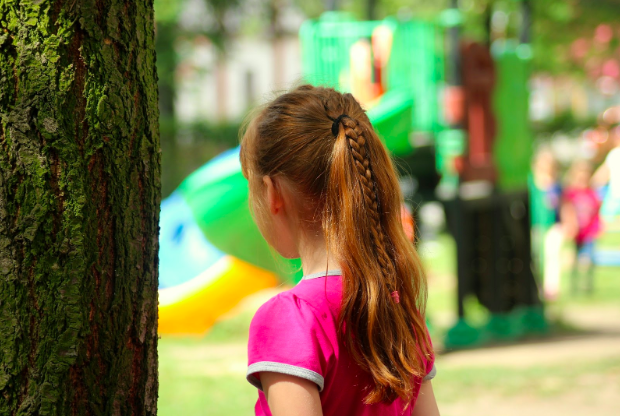Our understanding of autism has changed greatly in recent years. Instead of being a singular disorder, autism is now understood to be a spectrum condition with symptoms that vary wildly from person to person. While ASD always plays a significant role in any person’s life, the research on autism tends to focus on those children who are considered to be “at the milder end” of the autism spectrum.
We’ve come a long way in our knowledge and understanding of autism, but there are still many unanswered questions about ASD. It stands to reason, then, that children with more extreme behaviors could provide researchers with additional, valuable insight into autism. So, why are children with intensive needs often not included during research?
Only Around 30% of ASD Studies Include Children with Severe Needs
In the 1990s, notes DisabilityScoop, that number was nearly 100%. (1) The definition of “severe autism” is largely subjective, but it’s usually considered to include minimal or no speech communication, extremely difficult behaviors, numerous problems with daily living skills, or severe cognitive difficulties. (3) Children with this variety of ASD can sometimes find themselves hospitalized as a result of their various experiences with the condition. (2)
As autism has expanded into a spectrum disorder, the number of people who qualify for an autism diagnosis has grown, as well. Children with less obvious or “mild” ASD are now understood to have the condition when, back in the 90s, they probably would not have been recognized as having autism. While this is encouraging news that leads to helpful services and interventions for these children, it has also resulted in researchers focusing more on these kids (since there are so many) and less on children with the more severe variety of ASD that was researched in previous studies.(2)
It’s also difficult to include children with such extensive needs in research studies, simply because of the nature of severe ASD. Families who have children on the more intensive part of the spectrum often have a hard time attending appointments or following other requirements of research studies. (2) However, limiting studies of ASD to children with mild or even moderate autism has a negative impact on autism research and therapies.
The Consequences of Excluding Children with Severe ASD from Research
Leaving children who experience severe autism spectrum behaviors out of research studies has real consequences for kids and their families. In December of last year, a review of the scientific literature explained, “This severe end of the autism spectrum, for whom assessment and treatment pose a particular challenge, is arguably the least well-understood. Exclusion of this subset from intervention and other research studies could ultimately lead to an unbalanced understanding of ASD.” (3)
All subsets of ASD need to be included in research for optimal understanding of the condition. The review goes on to explain that leaving out these children could “possibly leave behind those who arguably have the greatest morbidity and need.” (3)
One of the leading authors of the review, Tufts University professor Matthew Siegel, noted that his team had already uncovered interesting research on hospitalized children with ASD. His team found that the children who woke frequently while sleeping at the hospital also tended to have more difficulty regulating their emotions — even after their stay in the hospital.(2) This finding could lead to a greater awareness of the importance of sleep for individuals with autism spectrum disorder. By including children with all types of ASD in research, more findings like this one could be found and used to continue guiding our understanding of autism.
Resources for Parents of Children with ASD in Maryland
Learning that your child has autism spectrum disorder can leave you feeling overwhelmed, but there are many resources available for Marylanders. Neurobehavioral Associates maintains a strong referral network of community partners for families of children with ASD. First, we’ll provide your child with a comprehensive neuropsychological evaluation to guide our recommendations. Then, we’ll go over your child’s results and help you form a plan for their success and growth. We can also attend IEP meetings and assist you with advocating for your child.
Contact the highly qualified team at Neurobehavioral Associates today for questions or more information on how we can help your child with ASD.
References:
- Heasley, S. (2019, March 19). Kids With Severe Autism Often Overlooked In Research. Retrieved December 28, 2019, from https://www.disabilityscoop.com/2019/03/19/kids-severe-autism-overlooked/26209/.
- Zeliadt, N. (2019, January 2). Children with severe autism increasingly overlooked in research. Retrieved December 28, 2019, from https://www.spectrumnews.org/news/children-severe-autism-increasingly-overlooked-research/.
- Stedman, A., Taylor, B., Erard, M., Peura, C., & Siegel, M. (2018, December 10). Are Children Severely Affected by Autism Spectrum Disorder Underrepresented in Treatment Studies? An Analysis of the Literature. Retrieved December 28, 2019, from https://link.springer.com/article/10.1007/s10803-018-3844-y.






